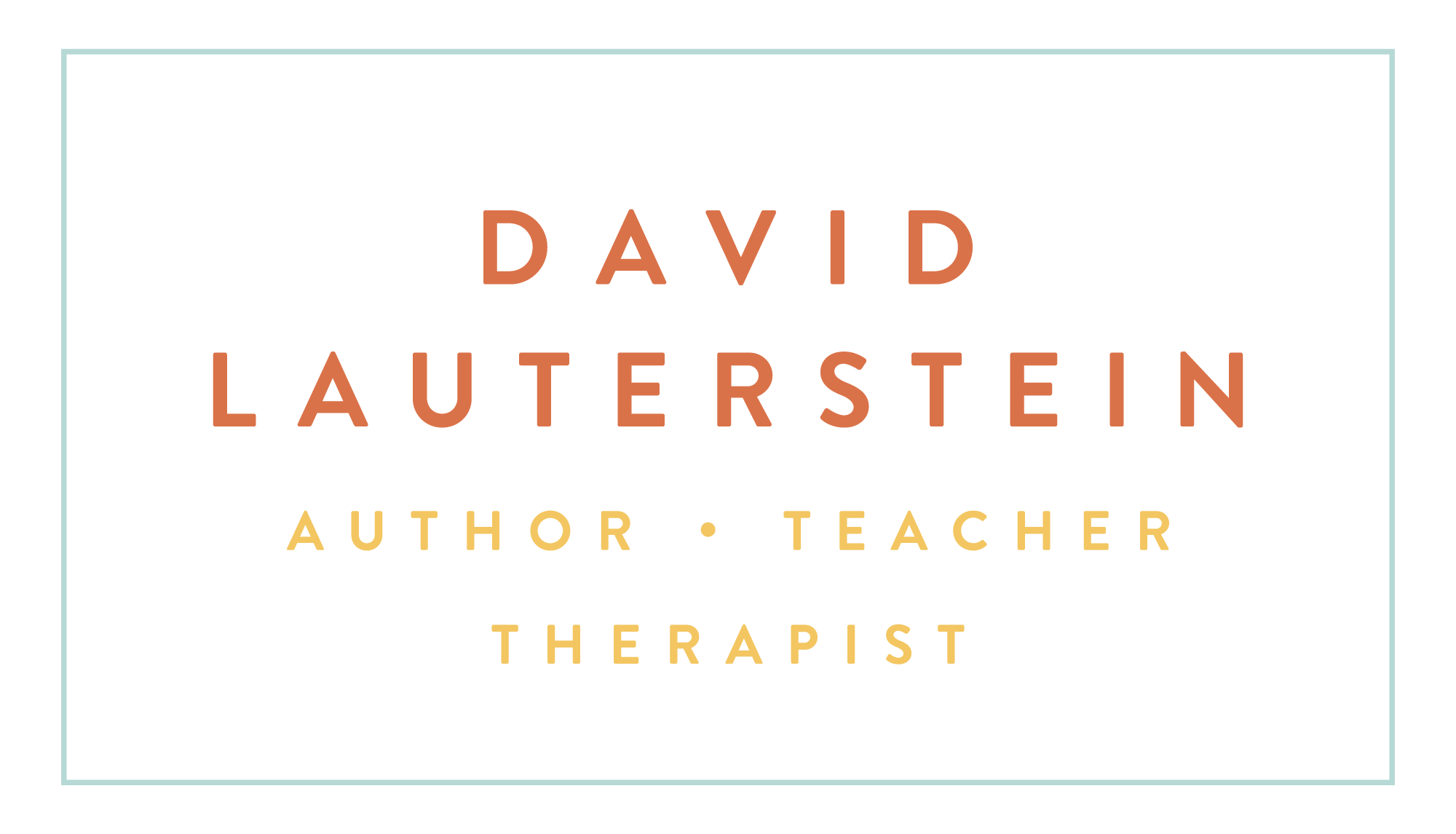PICCARD'S ADVENTURES
“Balloon pilots have no way of steering; they can change direction only by going up or down, to inhabit different winds.”
- some reflections and many excerpts from the New Yorker profile of aviator and psychiatrist, Bertrand Piccard, “Close to the Sun” by Ben Taub - https://www.newyorker.com/magazine/2022/10/10/bertrand-piccards-laps-around-the-world
“Balloon pilots have no way of steering; they can change direction only by going up or down, to inhabit different winds.”
Perhaps all of us are similar. With our will, we try to steer our lives. But maybe we can really only change direction by going up or down, catching different winds. This can be an expression of chakral emphasis - going up or down, centering variously on moments calling more for grounding, more excitement, self-support, heart, expression, insight, or inspiration.
Maybe it’s just noticing the winds we inhabit and their changes – winds of family, history, culture, relationships, work, the “random” events of each day.
In any case, accepting these changing winds may be the key to adventure – “An adventure is a crisis you accept.”
Some days since the pandemic which, for many, was filled with a kind of “groundhog’s day” feeling, life still seems a little more routine, at least for some.
Piccard says, “Routine is more dangerous than adventure…Routine is killing us. Someone asked the aviator, Jimmy Melrose, “Are you not afraid of having an accident?” and he said, “The accident would be to die in my bed.”
Piccard said there was something so gratifying in balloon piloting – “surrendering to the conditions of the sky…It’s acceptance versus will. But acceptance is a decision you take. You accept to go with the wind. You accept to go into the unknown.”
Picard interestingly included in his psychiatric training the study of hypnotherapy and has applied its methods and insights to both psychotherapy and ballooning.
He studied fear. “When you are fully in what you do – fully in the presence, yourself in your body – there is no space for fear. Because you are inside yourself, in the present moment and not projecting yourself in the future.”
In traditional psychoanalysis, “people understand where the problem comes from, but they don’t necessarily feel better. In hypnosis, you have the exact opposite! After a few sessions, you don’t necessarily know why you have the problem, but you feel much better.”
“For his patients, as in the sky, Piccard sought to consider and manipulate the experience of time. He found that his depressed patients were fixated on the past, and his most anxious ones were consumed by the future. Through hypnosis, he sought to re-create the intermediate space, where patients would heal from past traumas and confront their fears. ‘You have to invent a new strategy for every patient,” he said. But certain aphorisms could be universally applied: “You must overcome the past by doing something in the present that helps you in the future.”
“In the balloon, like in life, we go in unforeseen directions’,” he said. “And as long as we fight horizontally – against the winds, against what’s happening to us – life is a nightmare.” The solution, he proposed, was to change altitude and catch a different wind. “And how do you change altitude? You drop ballast.” Identify what is holding you back, and shed the excess, in order to rise. Pioneers, he argued, are those who not only seek conclusions but live the questions themselves, unattached to unhealthy habit, dogmas or beliefs. Exploring the vertical axis he continued, “means to explore all the different ways to do, all the different ways to behave, all the different ways to think, before we find the one that goes in the direction we wish.”
I have never heard a more articulate version of how we can respond to the inevitable ups and downs of life. Like waves each wind is one upon which we can ride, accepting its accompaniment into the unknown adventure of our lives.
Piccard in the balloon, Breitling Orbiter 3

